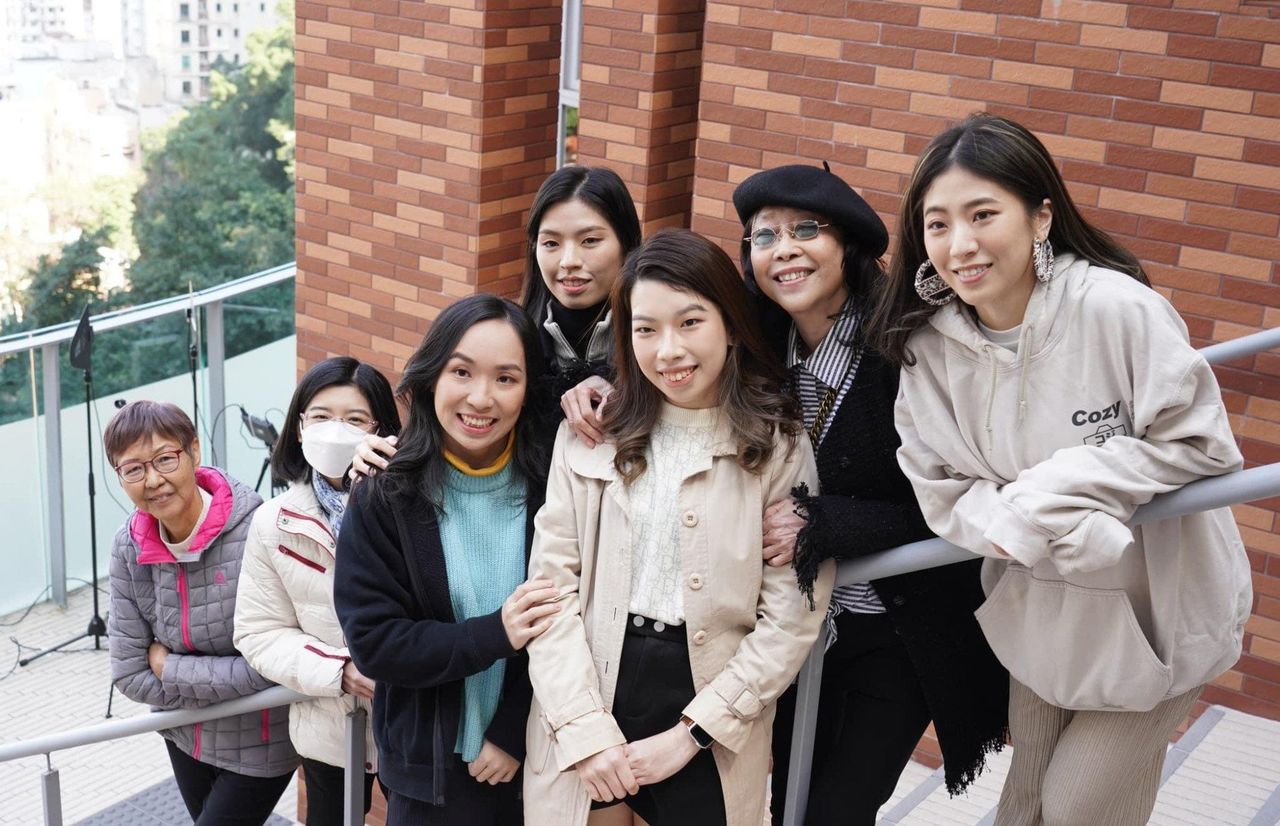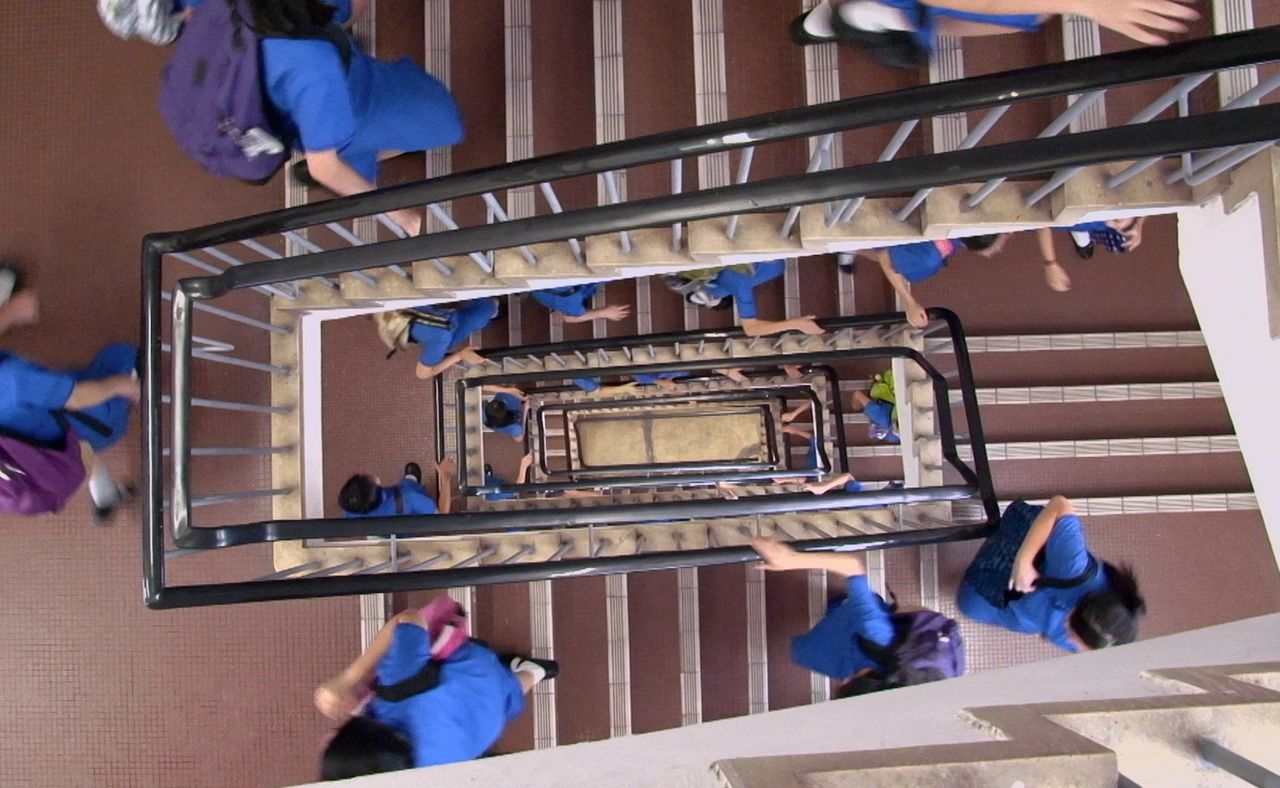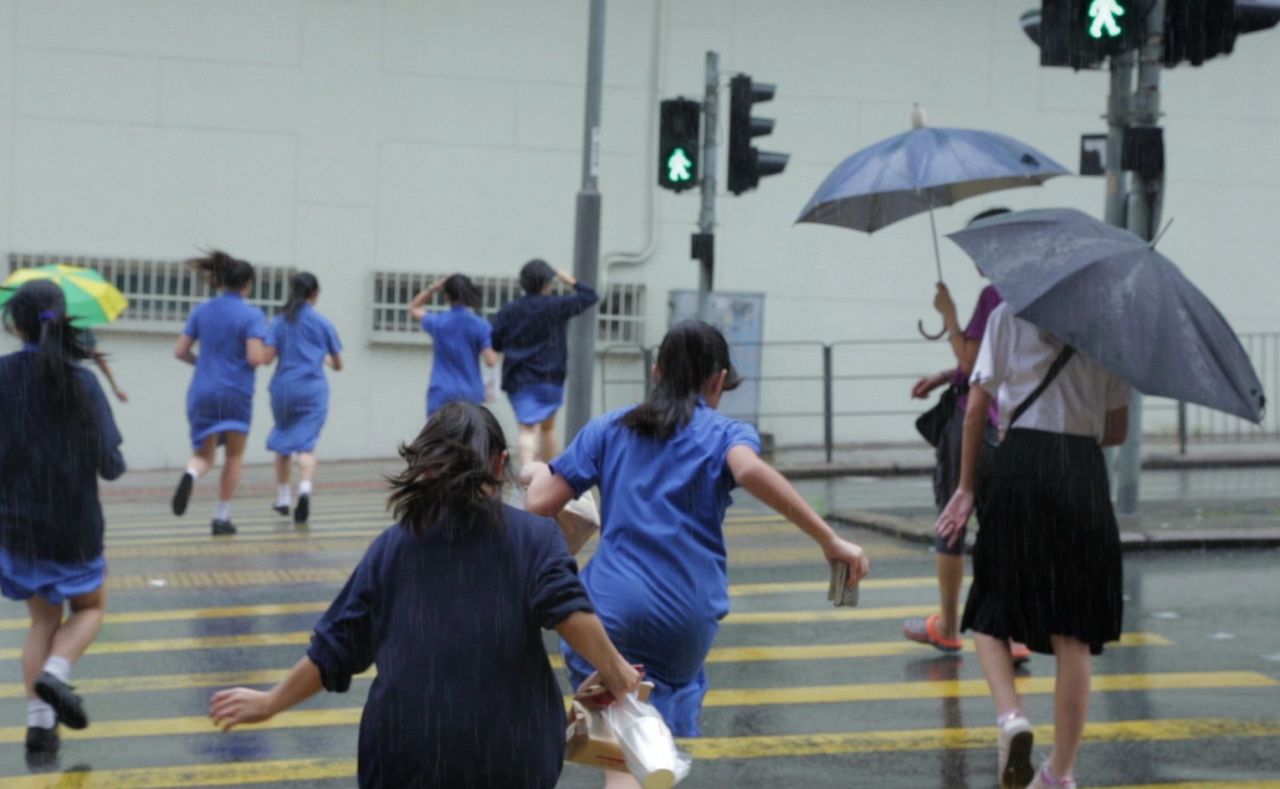Hong Kong News

Documentary controversy underscores the importance of consent
Lately, Hong Kong has experienced a renaissance of domestic films. A Guilty Conscience, a legal drama starring Dayo Wong, amassed a record box office. The film du jour, however, must be To My Nineteen-year-old Self, directed by Mabel Cheung. The documentary takes the audience on a journey through the lives of a group of teenagers at Ying Wa Girls’ School.
The project was heralded with great fanfare, perhaps because the film was book-ended by some of the most memorable moments of the past decade: from the unshakeable imprint of mainland influence starting in early 2010 to the resurgence of local identity in late 2020, and from the unrest of 2015 and 2019 to the gradual return to calm.
It promised to be a fitting story for all Hong Kong people who lived through this volatility. Yet the film, which has been widely praised by critics, came unglued when the interviewees criticised the lack of consent to a public screening.
The public was quick to side with the interviewees. To dampen controversy, the film was removed from cinemas. Yet there is more to the story than meets the eye. The infighting between the film producers and the interviewees demonstrates the fragility of legal consent.
Putting aside some of the dubious sources of the film – the whole of Sarah Lee Wai Sze’s interview was ill-considered, no matter the post-hoc justification – the project was rocked by other allegations of unethical behaviour.
Cheung said consent was obtained at the beginning and in the later stages of production. The question is how many of these young interviewees understood the implication of their own or their parents’ signatures.
 Filmmaker Mabel Cheung and some of the participating students from “To My Nineteen-year-old Self”.
Filmmaker Mabel Cheung and some of the participating students from “To My Nineteen-year-old Self”.It appears the production crew rode roughshod over the participants’ opposition to a public screening of the film. This is a bigger problem for anyone who handles the personal information of others. Is one piece of paper with a signature enough for unrestricted use?
The signed consent form, shown in a Ming Pao Weekly article, allowed the school to use the documentary “in any manner now existing or invented in the future in or outside of Hong Kong for publication, screening, broadcast, public access or otherwise”. In such broad strokes, the interviewees relinquished the entirety of their rights.
Subjecting minors and their parents to such technical jargon is one thing; enforcing it against the participants’ will is another. Can the participants withdraw their consent? If so, what is the point of a contract if they can back-pedal when they want? But glossing over their wishes is tantamount to modern-day slavery. The contract wording is broad, but when is broad too broad?
 A still from the documentary.
A still from the documentary.
It is easy to condemn the production crew for this miscommunication. It is hard not to feel sympathetic for the wasted effort. A heart-warming, coming-of-age story is now buried away. All we are left with is a vignette on YouTube that only serves as a reminder of abuse by those in positions of power.
The sudden shift has left viewers wondering if the production team could have done more to avoid controversy. Had Cheung cut the controversial sections and woven together the remaining parts, we might have a fragmented, incoherent film. Seeking consensus at every step is ideal, but it would mean surrendering creative authority and damaging the film’s integrity.
From a commercial perspective, withdrawing the film was probably the best decision. There is little to be gained by whitewashing the seriousness of any allegations. From an artistic perspective, however, it is a shame that the documentary will not see the light of day, at least for now.
The transition of the interviewees from bright-eyed preadolescents to grown-ups weighted by reality would resonate with large parts of society. More importantly, it would be a lens through which our generation can revisit the extraordinary evolution of Hong Kong during the last decade.
Going forward, Hong Kong filmmakers must take extra caution when dealing with minors in documentaries as well as being upfront about potential risks. Adequate transparency must be afforded to help participants make informed decisions about how their lives are depicted on screen. The truth is that once collected, information about individuals can no longer be kept within a tight circle.
 A still from “To My Nineteen-year-old Self”.
A still from “To My Nineteen-year-old Self”.
The discussion around consent and equitable standards of privacy in the film industry is far from over. It is critical that all participants are fully aware of their rights and obligations throughout the entire production process. Ensuring that will help foster a culture of respect, accountability and transparency that allows Hong Kong filmmakers to continue to create content.
The lesson learned is that even if you have the requisite consent, it does not give you free rein. No amount of damage control can avoid privacy harm. Whether they want it or not, the participants’ names and intimate details will become heavily searched for on the internet.
In today’s digital world, to quote from the New Testament: “there is nothing hidden that will not be disclosed, and nothing concealed that will not be brought to light.”











